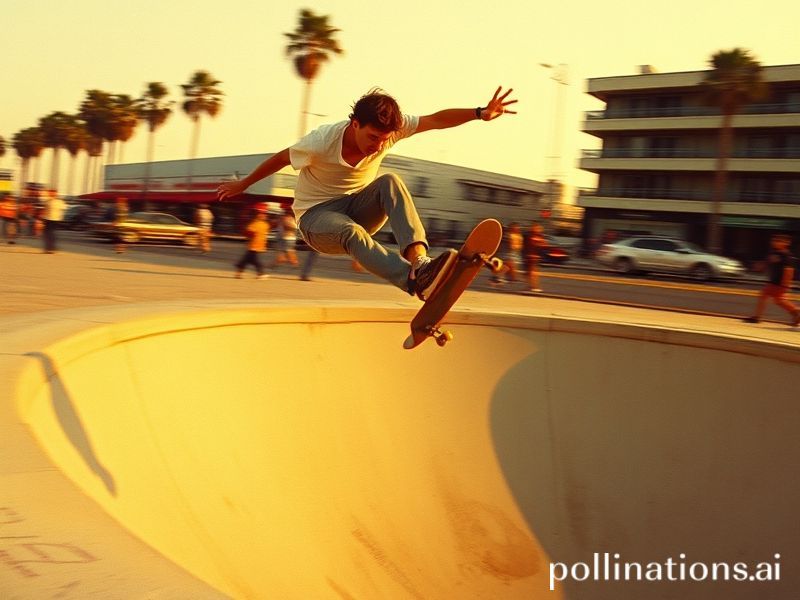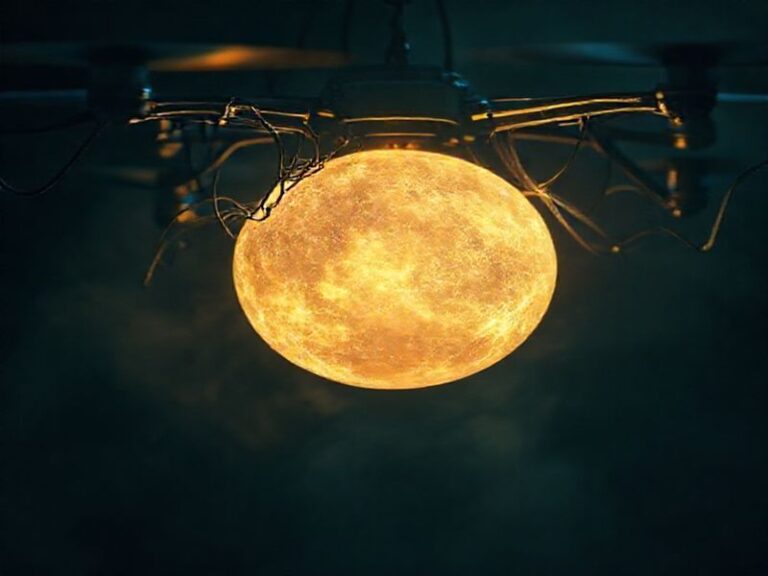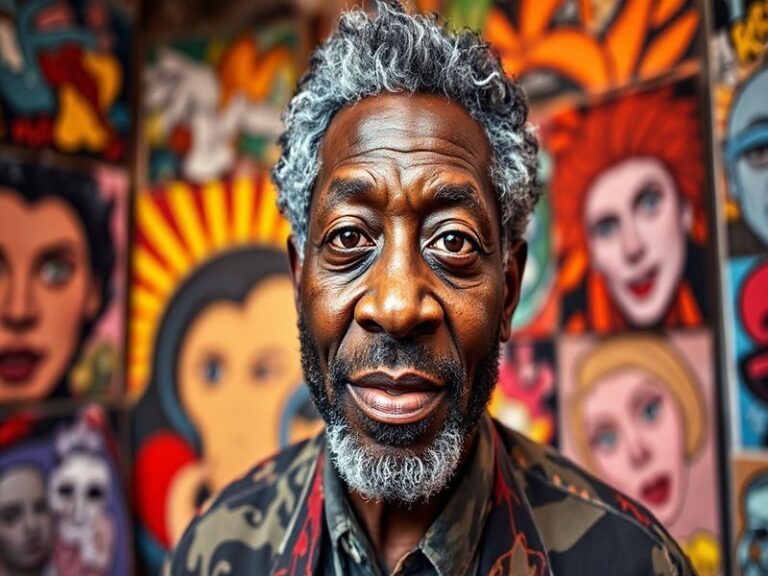Tony Hawk: The Accidental Diplomat Kick-Flipping Across a Broken World
Tony Hawk, the man whose name now serves as a shorthand for everything from skateboards to NFTs to the existential dread of being recognized but not *really* recognized, has quietly become one of America’s most successful cultural exports since the invention of the blues and the accidental global domination of Starbucks. While diplomats haggle over trade tariffs and defense pacts, the 55-year-old Californian has spent three decades kick-flipping his way across borders, sanctions, and language barriers with the cool indifference of someone who’s already landed the 900 and doesn’t need your applause—though he’ll accept it, because manners matter.
In Tokyo, Hawk once skated a vert ramp inside a shopping mall while bewildered salarymen clutched briefcases like life rafts, unsure whether to bow or flee. In Havana—yes, that Havana, where Wi-Fi arrives on USB drives smuggled in by grandmothers—local kids now replicate his Birdhouse boards using plywood stripped from pre-1960 Chevrolets. The U.S. trade embargo couldn’t stop a McTwist. In Ramallah, a makeshift half-pipe sits behind a hummus café, its coping scarred by wheels bearing the same urethane formula Hawk popularized in 1989. Somewhere in the Arctic Circle, a Sami teenager is probably trying to land a varial heelflip while reindeer watch with the same blank stare they reserve for climate change summits.
The international significance? Hawk has done what entire soft-power initiatives fail at: he made American culture look *fun* instead of merely weaponized. While Netflix negotiates with the Saudi censors over whether a female comedian can reference her own anatomy, Hawk’s video games—now localized into seventeen languages, including Welsh—teach Latvian twelve-year-olds to pronounce “ollie” without irony. The irony, of course, is that the games themselves are nostalgia products, re-re-re-mastered like a Cold War spy who keeps getting new passports. Kids in Jakarta are grinding virtual rails on maps based on abandoned American malls, which is either poetic or post-apocalyptic, depending on your antidepressant dosage.
Then there’s the Hawk-brand existential joke: the man is world-famous yet perpetually mistaken for himself. A recurring meme documents strangers telling the actual Tony Hawk that he “looks like Tony Hawk,” to which he replies, deadpan, “I get that a lot.” It’s the perfect metaphor for global celebrity in the 2020s—ubiquitous yet anonymous, like carbon emissions or the concept of “freedom.” In airports from Dubai to Dublin, security agents scan his passport twice, as if the name itself is a glitch in reality. One suspects even his boarding pass sighs.
But the darker joke is how skateboarding, once the pastime of misfits dodging rent-a-cops in empty swimming pools, has been gentrified into Olympic sport and urban-planning buzzword. Cities from Lagos to Lisbon now commission “skateable architecture” to attract the creative class, which is urban-planning speak for “people who’ll buy overpriced flat whites.” Hawk, ever the polite ambassador, shows up to cut ribbons, his graying temples matching the concrete. Meanwhile, actual street skaters—the ones without corporate endorsements—still get fined for waxing curbs. Progress, like a frontside 360, always risks over-rotating.
Yet for all the commodification, something stubbornly authentic survives. In Kyiv, a bombed-out playground became a DIY skate spot mere blocks from Russian artillery; the kids painted “No War” on a quarter-pipe and kept dropping in. Hawk retweeted the clip, because what else do you do when the world burns? Send thoughts and prayers? He’s already donated boards to refugee camps, knowing a wooden toy won’t stop a drone strike but might, for three seconds, make a teenager feel weightless. In an era when gravity seems to be winning—economically, ecologically, existentially—that’s a kind of diplomacy no embassy offers.
So here we are: a middle-aged man in knee pads, passport fraying at the edges, still spinning through the air while the planet tilts beneath him. Tony Hawk didn’t save the world; he just made it slightly more bearable to fall off. Which, if you’ve been paying attention to the news cycle, is about as close to grace as any of us are likely to get.







